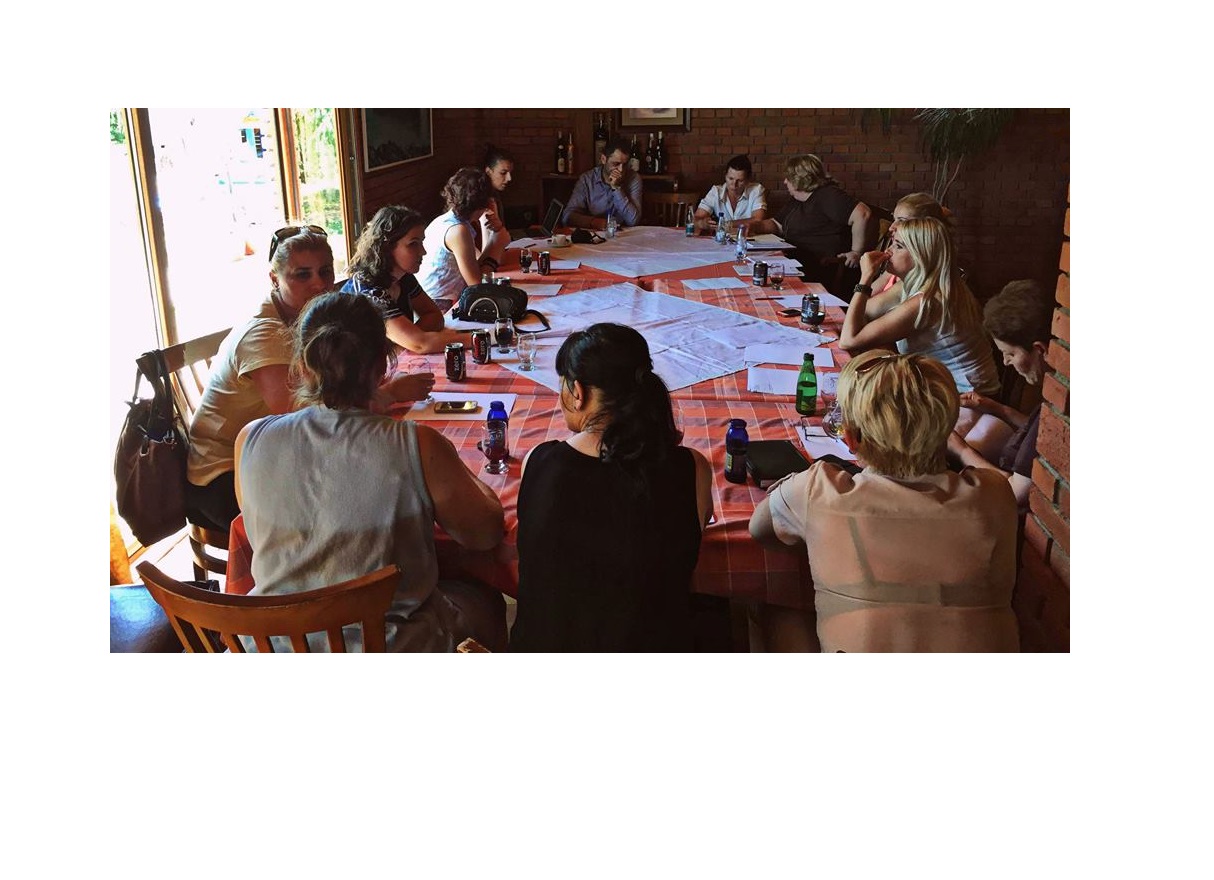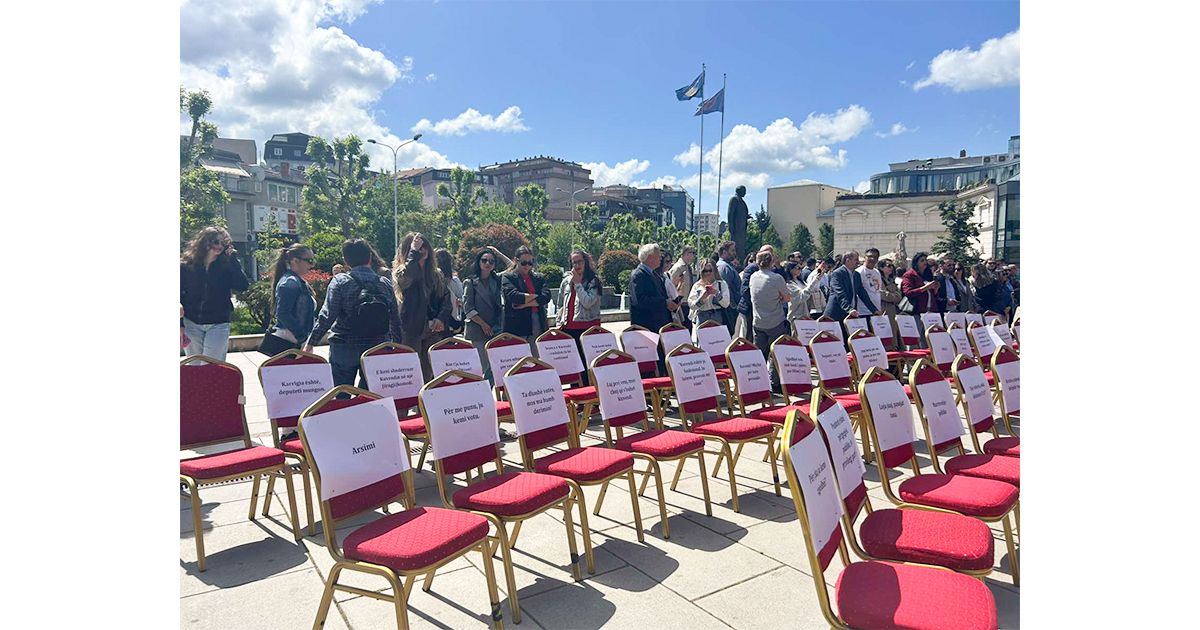Even though July has seen extremely high temperatures, the Foundation for Education and Development (FED) has not been prevented from implementing their initiative, “Say no to prejudices”. The main goal of this initiative is two-fold: to gather women and girls together to discuss their mutual problems; and at the same time, to break ethnic prejudices by having them advocate together for these problems.
So Far, FED has united 20 Albanian and Serbian women and girls, who were able to discuss mutual issues during several meetings. These meetings also served to teach the women how to advocate to the officials of the Novo Brdo Municipality for three priority issues which they identified..
On 21 July, the women and girls gathered in Novo Brdo for a roundtable where they had the opportunity to speak in front of the Mayor of the Novo Brdo Municipality, Svetislav Ivanovic, the Vice-president of the Municipality, Bajrush Ymeri and to the Chairperson of the group of women parliamentarians in the Municipal Assembly of Novo Brdo, Shefkije Mehmeti. The three main issues they addressed are the following:
First of all, The booth, which was placed and furnished from the past project of FEZH (supported by KWF) near the information center of Novo Brdo, is now to be reopened with the help of the Municipality. The group of women asked the mayor for the booth to be placed near the Municipal building, since this location is frequented more often by people. At the same time they also requested that the booth have a transparent job application process that is open to all citizens so that they may apply for the position of a salesperson in this booth.
The second issue brought up by the women focused on property rights and inheritances. Although the land of Novo Brdo is very fertile and well-suited for agriculture, property and inheritance rights still remain taboo topics. Therefore, there is a great need for women from Novo Brdo to organize at least two meetings with the help of the Municipality in particular the Office for Gender Equality. “During these meetings women from the two communities can get to know each other and to discuss the mutual problems they are facing in regard to property and inheritance,’ said Vjollca Zeqiri, the executive director of FED.
Even though Nazmije Bunjaku, official of property taxation in Novo Brdo, said that citizens have started to become more aware of registering their properties and paying regular taxes for them, few properties are registered by women. “I can say that out of 350 properties, for this year, 10 have been registered by women. This is a big step if we compare it with the previous years.”
The third issue for which the women advocated was related to the work of the Red Cross. The group of women asked Selvete Zymberi, an official from the Red Cross in Novo Brdo, for this institution to become more transparent in their activities. Zymberi also informed the women about the current programs they have, including: health education, youth activities, and first aid in schools etc. “Citizens can get information about these activities through our leaflets which we publish regularly,’ said Selvete Zymberi. Women participants continued to advocate for greater transparency, proposing for these leaflets to become available to all citizens by placing them in the Citizen’s Service Centre within the Municipality of Novo Brdo. The center is one of the places that is being frequented most by citizens.
The Mayor of the Municipality, Svetislav Ivanovic congratulated women and girls for this initiative and for these concrete proposals, which can be implemented by the municipality.
The initiative is supported by the Kosova Women’s Fund (KWF) with the amount of €2,350. KWF is funded by Austrian Development Agency (ADA) and European Union Office in Kosovo.



